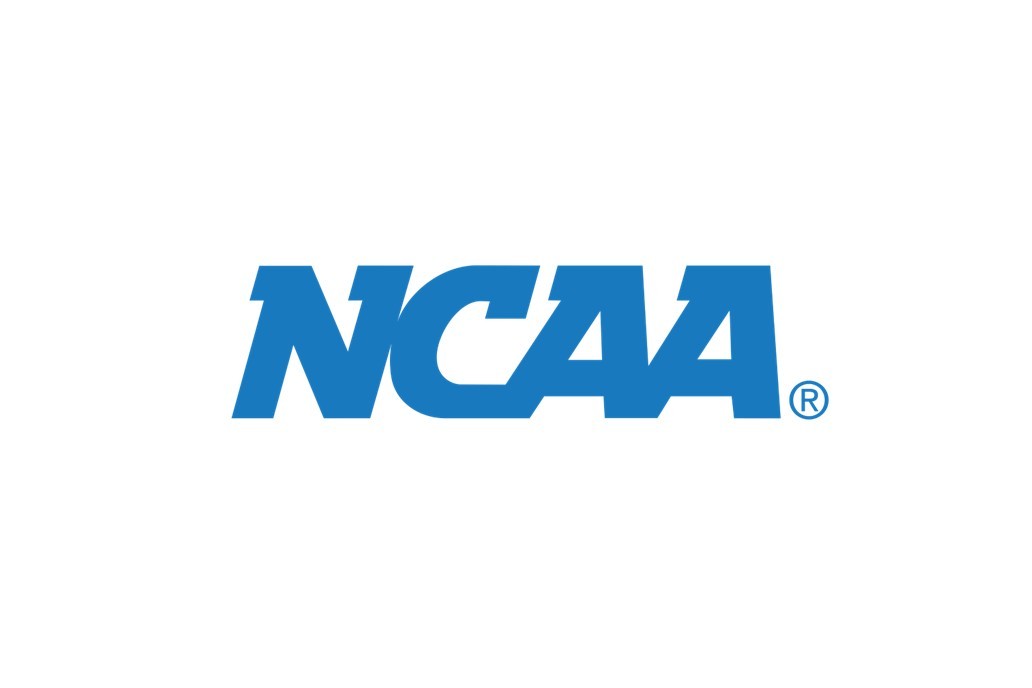Mon, October 27, 2025
NCAA to pay $18 million in concussion lawsuit

The National Collegiate Athletic Association (NCAA) has been ordered to pay $18 million to a former college footballer, diagnosed with dementia and Chronic Traumatic Encephalopathy, and his wife after it was found guilty of alleged negligence due to a failure to warn players about concussion risks.
The civil trial took place in South Carolina. The former athlete in question, 68-year-old Robert Geathers, was the defensive end for South Carolina State University from 1977 to 1980. This is a historically Black school, meaning it was established before 1964 with the main goal of educating African Americans during segregation. As stated by the physicians who testified during the trial, Geathers suffers from dementia and shows signs of Chronic Traumatic Encephalopathy (CTE).
CTE is a brain disease likely caused by repeated head injuries. It causes the death of nerve cells in the brain, known as degeneration. It gets worse over time, and the only way to definitively diagnosis CTE is after death during an autopsy of the brain, according to Mayo Clinic.
Geathers now finds it difficult to carry out simple tasks such as dressing himself and cooking. Other former football players who received several blows to their heads whilst playing have been diagnosed with similar diseases.
At Sport Resolutions’ 2025 conference, Dr Willie Stewart provided an extremely insightful discussion on the possible link between contact sport and the development of Motor Neurone Disease (MND), for example.
Geathers’ attorney, Bakari Sellers, argued that the NCAA was aware of the concussion risks associated with American football from the 1930s, but failed to disseminate these risks until much later.
Sellers stated: “All of the information they knew, they withheld…their job was to keep the boys safe.”
The jury awarded $10 million to Geathers and $8 million to his wife, Debra.
The NCAA responded defensively. One spokesperson said the NCAA is: “Prepared to pursue our rights on post-trial motions and on appeal, if necessary…
The NCAA has prevailed in every other jury trial around the country on these issues,” and standards “followed the knowledge that existed at the time, and college football did not cause Mr Geathers’ lifelong health problems.”
Andy Fletcher, NCAA attorney, argued that Geathers has several health conditions which cause dementia symptoms. He also stated that representatives of schools that are members of the NCAA could propose rules to help the situation.
He stated: “There’s going to be head-hits. That’s inherent to the game. You can’t take head-hits out of football.”
However, the jurors agreed that the NCAA “unreasonably increased the risk of harm of head impacts to Robert Geathers over and above the risks inherent to playing football.” The verdict also stated that the NCAA “voluntarily assumed duties to protect the health and safety of Robert Geathers” and that it “negligently breached their duties” to him.



